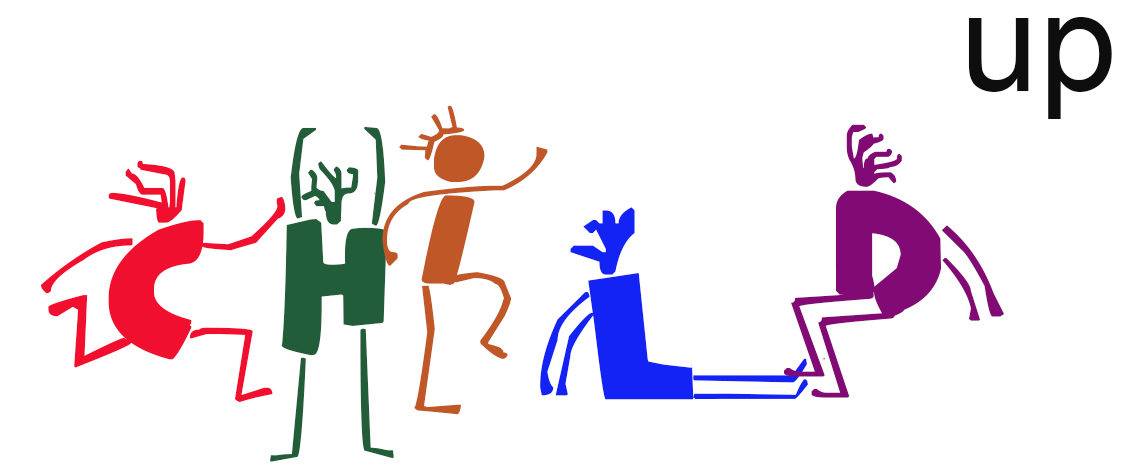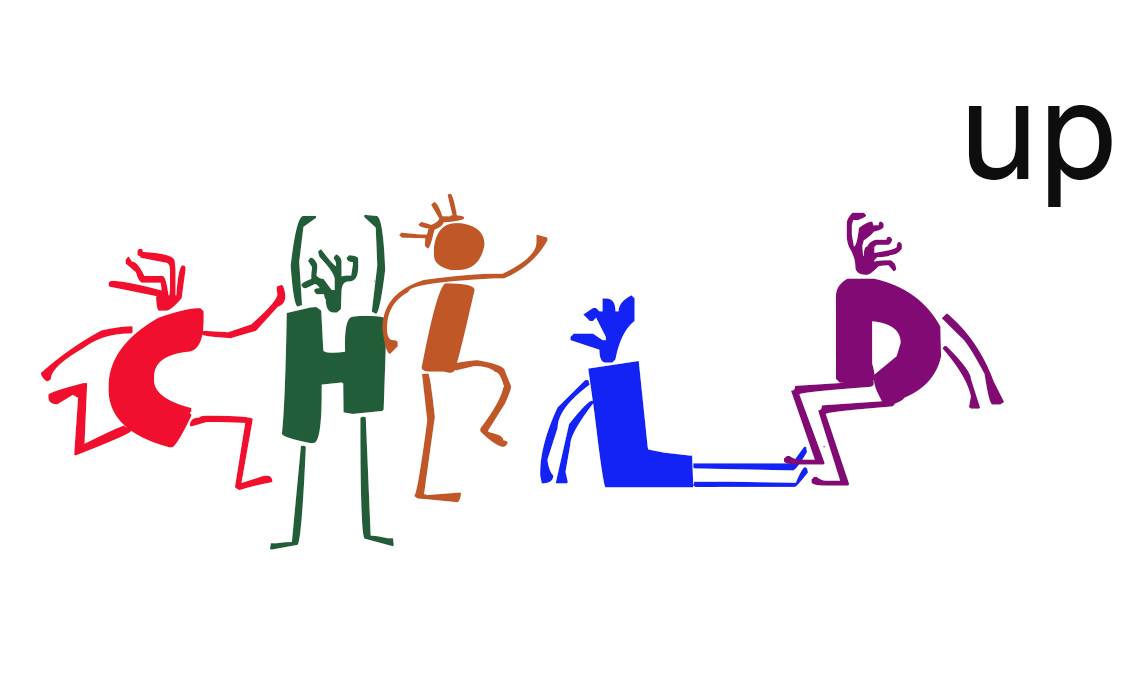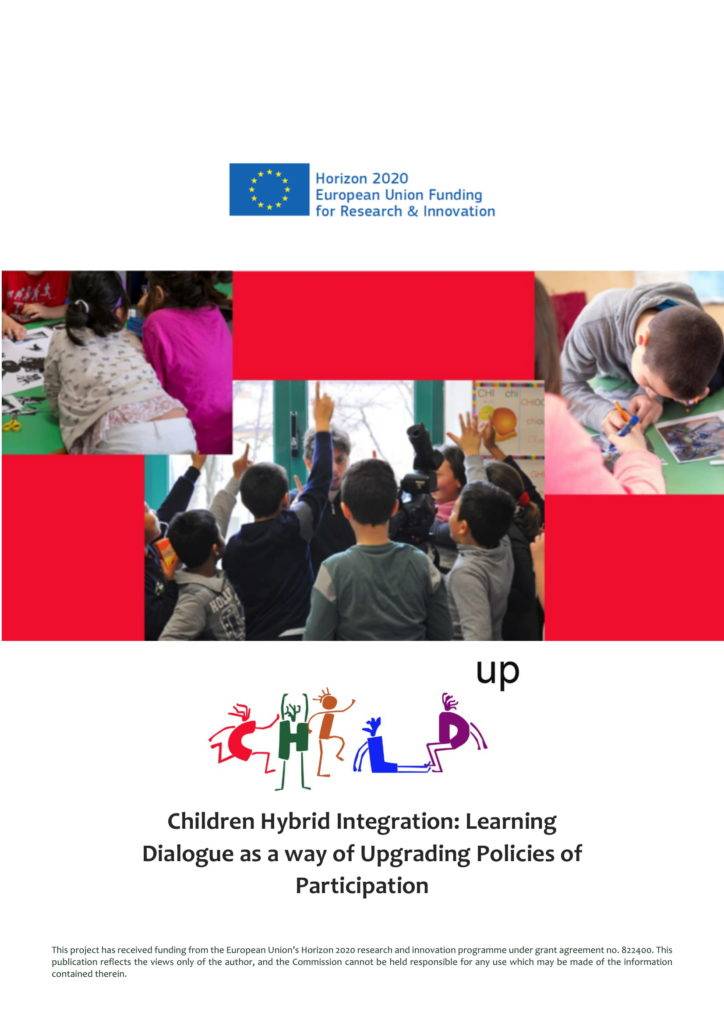Approach
CHILD-UP (Children Hybrid Integration: Learning Dialogue as a way of Upgrading Policies of Participation) is a project funded by the European Commission (GA 822400) within the HORIZON 2020 research and innovation project. The project, coordinated by the University of Modena and Reggio Emilia, involves nine partners from different European countries. Its activities are taking places in towns and regions of Italy, Belgium, Finland, Germany, Poland, Sweden and United Kingdom.
The general objective of CHILD-UP includes:
- the analysis of the enhancement of migrant children’s ability to participate in changing their social and cultural conditions of integration;
- an investigation of the way this ability is accounted for and engaged with in educational interventions and policies, and in the children’s relations with social protection services, families and communities.
The general objective is split into specific objectives of research, interventions and policy.
Research Objectives
- to review the policies and practices of integration of migrant children in education and social protection systems in Europe, and more specifically in seven European countries (Belgium, Finland, Germany, Italy, Poland, Sweden, United Kingdom).
- to produce relevant knowledge on perceptions, expectations, participation and levels of trust among migrant children in the areas of education and social protection.
- to produce relevant knowledge on competence, expectations and practices of children’s integration in schools, social services and reception centres for asylum seekers and refugees.
- to produce relevant knowledge on collaboration between schools, social protection services and other educational agencies.
- to produce relevant knowledge on integration and participation of children’s parents and guardians.
- to collect relevant examples of practices of second language learning, facilitation of dialogue, intercultural education and interpreting/mediation in educational contexts.
- to understand possible conditions of discrimination and marginalisation of migrant children (and their parents).
- to produce relevant knowledge on gender differences.
Intervention and Policy Objectives
- to improve migrant children’s ability to change their conditions of integration and to choose ways of participating and co-creating activities.
- to promote active and open reflection on and questioning of assumptions, biases, and tendencies in institutions with the possibility of imagining new ones.
- to improve ability of children, professionals and policy-makers to understand and intervene in the gendered structures that affect integration.
- to suggest dialogic methods that can be applied in different educational institutions at the European level and which can allow substantial and significant contributions to support children’s ability to act creatively and autonomously.
- to develop synergetic connections between schools and their social and cultural contexts, encouraging coordinated planning and collaborative realisation of integration, and involvement of parents and caregivers.
- to provide research-based materials, guidelines for intervention and evaluation of the intervention, interactive training packages, both online and in person, for professionals. These will enhance models of integration based on active participation in education systems.
- to provide relevant evidence to the current policy debate andto stimulate the adoption of public policies, at the local, national and EU levels, that are coherent with the findings of the research and integrated into the overall policy goals.
Dialogic interventions
The guidelines for dialogic methods will be based on the analysis of best practices across Europe, collecting their evidence through the research carried out by the local partners.
CHILD-UP researches into the level of integration of migrant children in Europe and their social condition, with the primary aim of providing support for migrant children’s exercise of agency in changing their own conditions of integration and constructing hybrid identities.


